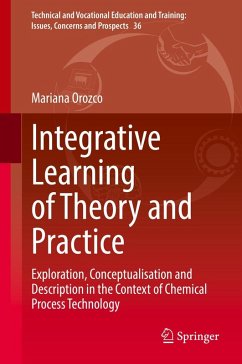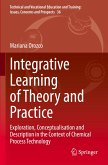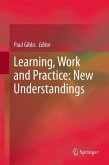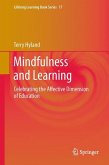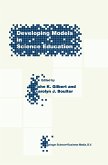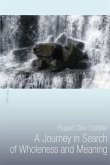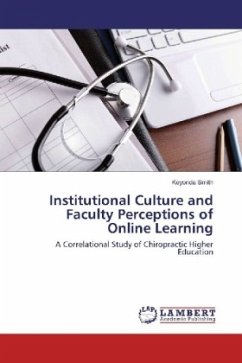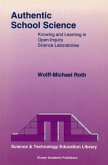This book addresses the questions of what constitutes the integrative learning of theory and practice (ILTP), and how this learning progresses over time - these are important questions that have been overlooked to date. It introduces a new way of looking at the theory-practice integration and presents the conceptual and empirical research that has led to such a view. The conceptualisation of the ILTP and the description of the phenomenon of integration draw on psychological aspects of epistemological beliefs in TVET, and on philosophical aspects of social reasoning. In this inferentialist, non-dualistic epistemological perspective, theory and practice are distinguished in terms of their use in reasoning, rather than as intrinsically different forms of knowledge. In particular, the integrative learning is presented in terms of qualitative changes in chains of reasoning that connect theoretical and practical considerations. This work represents a contribution to further educational research, as it advances a novel operationalisation of the inferentialist framework. Finally, this work contributes to educational practice, as it offers evidence-based guidelines for practitioners concerned with instructional design in T-VET.
The reported empirical investigations involved in-depth qualitative research methods and were conducted at a micro-level of instruction in alternating school-based and work-based programmes, in the field of Chemicals Processing Technology (CPT).
The reported empirical investigations involved in-depth qualitative research methods and were conducted at a micro-level of instruction in alternating school-based and work-based programmes, in the field of Chemicals Processing Technology (CPT).

